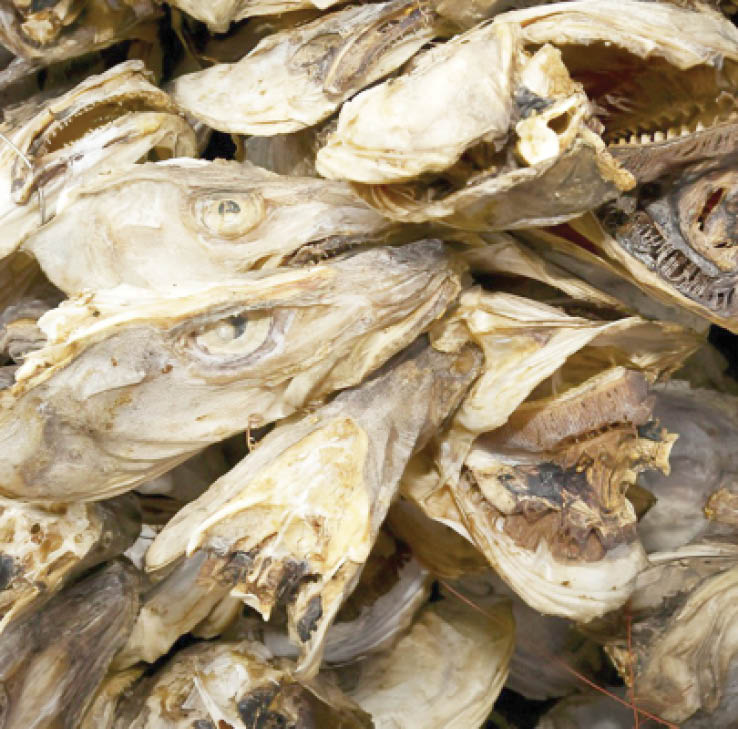Why CBN snobs calls for stockfish import
… As stakeholders say forex exclusion list supports agric The Central Bank of Nigeria (CBN) has refused to lift the ban on foreign exchange for importation of stockfish heads to reduce the amount spent on forex annually. There have been several complaints and appeal by Norwegian Seafood Council (NSC) for the ban to be lifted. […]

Stockfish
-
… As stakeholders say forex exclusion list supports agric
The Central Bank of Nigeria (CBN) has refused to lift the ban on foreign exchange for importation of stockfish heads to reduce the amount spent on forex annually.
There have been several complaints and appeal by Norwegian Seafood Council (NSC) for the ban to be lifted.
Other stakeholders had been mounting pressure that the CBN should lift the ban on forex for importation of stockfish heads into Nigeria since February, 2021, but the apex bank has refused to yield its position.
The NSC director, Africa, Mr Trond Kostveit, said that despite the apex bank’s reluctance, the value of the seafood imported from Norway to Nigeria was 40,000 metric tonnes, valued at N41.3 billion ($75 million), noting that the dominating products were stockfish, stockfish heads, herring and mackerel.
Ms Abbey Cheke, a former deputy director in the Federal Department of Fisheries, asked relevant authorities to stop listing stockfish as animal feeds.
She said that apart from its nutritional value, stockfish does not compete with any fishing process in Nigeria. She noted that stockfish and stockfish heads were processed from the finest of codfish, which could only be found in the coldest of waters and could never be produced in the Nigerian water.
The Royal Norwegian ambassador, Knut EilivLein, had assured stakeholders of partnering with Nigeria in the areas of making stockfish cheaper for the populace, and requested the Federal Government of Nigeria to allow forex access for stockfish importation.
Meanwhile, stakeholders in the agricultural sector have said that despite some challenges, restricted access to forex for some food related items importation is still a factor driving agriculture in the country.
A renowned agriculturist, Ahmad Sani Ibidapo, said the policy had forced farmers and agri-businessmen to intensify backward integration projects, where local cultivation of raw materials is encouraged as it becomes increasingly difficult to import food and raw materials.
When they don’t have access to forex, their importation efforts are being checked, he said, adding that although some have argued that the policy had fueled food inflation, its advantages are unfolding, in terms of grain production.
